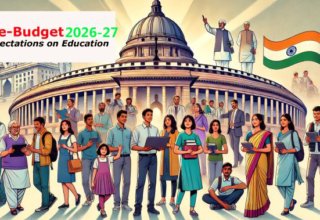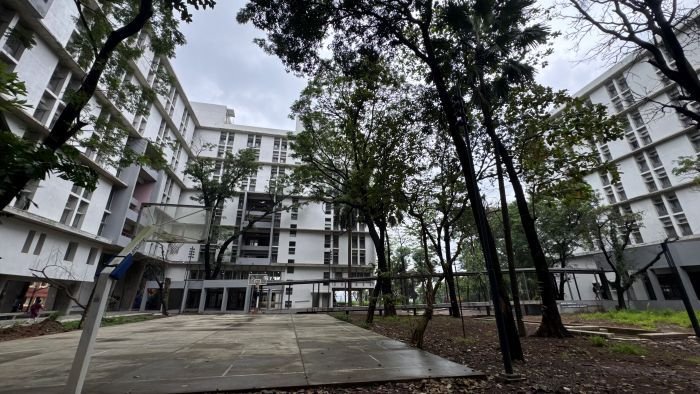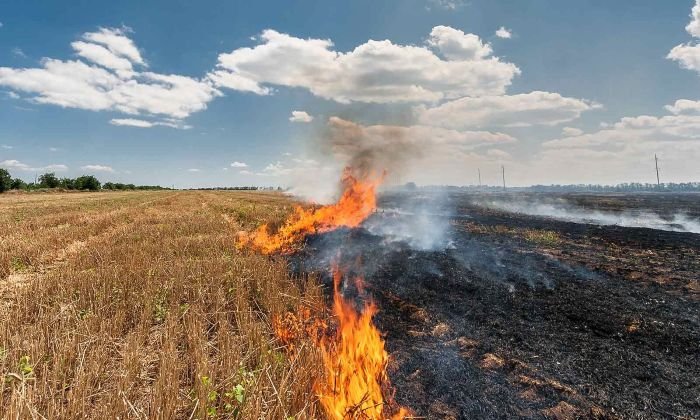
By Sabina Sawhney, Principal Delhi Public School- Bopal, Ahmedabad
 India’s rich cultural heritage has always emphasized the importance of living in harmony with nature and preserving the environment for future generations. Sustainability is not just a concept, but a way of life and inbred in our culture. The ancient texts and scriptures are a testament to this fact with numerous references to sustainable practices and the need to protect natural resources. However, in contrast, the modern-day lifestyle, doesn’t invoke the same routine care and responsibility towards natural resources to maintain its equilibrium.
India’s rich cultural heritage has always emphasized the importance of living in harmony with nature and preserving the environment for future generations. Sustainability is not just a concept, but a way of life and inbred in our culture. The ancient texts and scriptures are a testament to this fact with numerous references to sustainable practices and the need to protect natural resources. However, in contrast, the modern-day lifestyle, doesn’t invoke the same routine care and responsibility towards natural resources to maintain its equilibrium.
Therefore, the education system must play an important role in preparing the new generation to be sensitive, aware and responsible custodians of Mother Earth. By integrating sustainability concepts, thoughts, principles and case studies into the curriculum, educators can empower students to make informed choices and contribute to sustainability and therefore a secure future for life.
Why is it the Need of the hour?
Given the escalating global warming crisis looking into our faces, integration of sustainability into education has become more critical than ever before. Climate change, resource depletion, and environmental degradation pose existential threats to our planet and us. Traditional educational approaches, which prioritizes economic growth over the environment, are no longer the way to go, all this has to be reimagined. It is therefore critical to equip students with the knowledge, skills, and values necessary forge this change for a sustainable future.
Changes needed in the Curriculum
Incorporating sustainability into education requires a comprehensive approach. There is a need to cultivate a deep understanding of environmental issues and instilling a sense of responsibility towards the planet. The curriculum must be redesigned to integrate sustainability across various subjects, including science, social studies, arts, etc. It should impart values of sustainability, conservation, and eco-conscious practices to students through methods, such as case studies, project-based learning, community service learning, and problem-solving activities.
Solution Based Learning
It is equally important that education for sustainability should not just focus on problems, but also empower students with the knowledge and skills to develop solutions. This includes teaching them about renewable energy technologies, sustainable agriculture, green building practices, responsible consumption habits, and other aspects. Students should be encouraged to explore innovative solutions to address environmental challenges. Students, with their unique perspectives and innovative ideas, are best positioned to figure out potential solutions to various challenges.
Cultivating Habitual Acceptance
That said, educators do have a tough job on their hands since inculcating sustainability is a complex and long-term process that goes beyond academic knowledge and requires a shift in attitudes and behaviours. Educational institutions can play a vital role in promoting a culture of sustainability by adopting environment-friendly practices such as reducing waste and promoting responsible resource management. Schools can raise awareness by organising environmental campaigns, cleaning drives, tree plantations, and other initiatives. There is also a need to empower students by providing them the opportunity to lead sustainability initiatives and make them advocates for positive change in their communities and beyond.
Last word
By integrating sustainability principles into the curriculum, cultivating a culture of environmental responsibility, and empowering students to become change agents, Schools can significantly contribute to shaping the new learning narrative. This requires a collaborative effort from all stakeholders– the educators, students, policymakers, and the community. That is something all of us need to work on without any delay.







